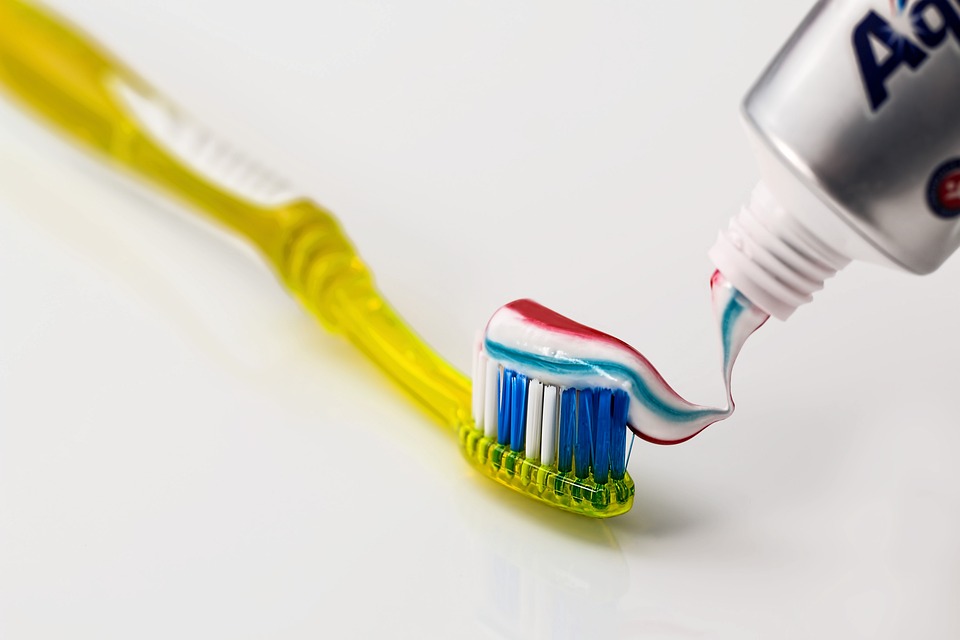Why Dental X-rays Are Essential for Your Oral Health
Dental x-rays play a crucial role in maintaining your oral health. They provide valuable insights into areas that are not visible during a regular dental examination. In this article, we will explore the importance of dental x-rays and address some frequently asked questions regarding their usage.
Understanding Dental X-rays
Dental x-rays, also known as radiographs, are diagnostic images taken by dental professionals to visualize the internal structures of your mouth. These images allow dentists to identify potential issues that may not be visible to the naked eye, such as cavities, bone loss, impacted teeth, and infections.
Using a small amount of radiation, dental x-rays capture images of your teeth, jaws, and surrounding tissues. The level of radiation exposure during dental x-rays is minimal and considered safe, especially with modern technology and proper safety measures.
The Importance of Dental X-rays
Dental x-rays are essential for maintaining your oral health due to the following reasons:
- Early Detection of Dental Problems: Dental x-rays allow dentists to identify dental issues at their early stages, enabling prompt treatment and preventing further damage. This is particularly crucial in detecting cavities, gum disease, and oral infections.
- Assessment of Tooth and Jaw Development: Dental x-rays help monitor the growth and development of teeth, especially in children and adolescents. They assist in determining if there are any abnormalities in tooth eruption or alignment, providing an opportunity for timely intervention.
- Evaluation of Bone Health: X-rays can reveal signs of bone loss, which may indicate periodontal disease or other underlying conditions affecting the jawbone. Early detection allows for appropriate treatment to prevent further deterioration.
- Identification of Hidden Dental Structures: X-rays enable dentists to visualize impacted teeth, cysts, tumors, or other abnormalities that may not be visible during a routine dental examination. This information helps in planning necessary treatments or referrals to specialists.
Frequently Asked Questions (FAQs)
-
How often should dental x-rays be taken?
The frequency of dental x-rays depends on various factors such as your age, oral health status, and risk factors for dental problems. For most adults, it is recommended to have a full set of x-rays every 3 to 5 years, with bitewing x-rays (which focus on specific areas of the mouth) taken annually. However, your dentist will determine the appropriate frequency based on your individual needs.
-
Are dental x-rays safe?
Yes, dental x-rays are considered safe. The level of radiation exposure from dental x-rays is minimal, and advancements in technology have significantly reduced radiation levels. Additionally, dentists take necessary precautions, such as using lead aprons and thyroid collars, to minimize exposure to other parts of the body.
-
Are dental x-rays safe during pregnancy?
Dental x-rays are generally safe during pregnancy, especially when appropriate safety measures are taken. However, it is essential to inform your dentist about your pregnancy to ensure proper shielding and minimize radiation exposure.
-
Can dental x-rays detect oral cancer?
Dental x-rays primarily focus on evaluating teeth, jawbone, and surrounding structures. While they can detect abnormalities that may be associated with oral cancer, such as bone loss or unusual growths, they are not primarily used as a diagnostic tool for oral cancer. Dentists may perform additional tests or refer you to a specialist if oral cancer is suspected.
In conclusion, dental x-rays are vital for maintaining your oral health. They provide valuable information that helps dentists detect and treat dental problems at an early stage. Remember to consult with your dentist regarding the frequency of x-rays and any concerns you may have. To learn more about dental x-rays and their importance, you can visit examplelink1.com.
 skyglide Explore Beyond
skyglide Explore Beyond

